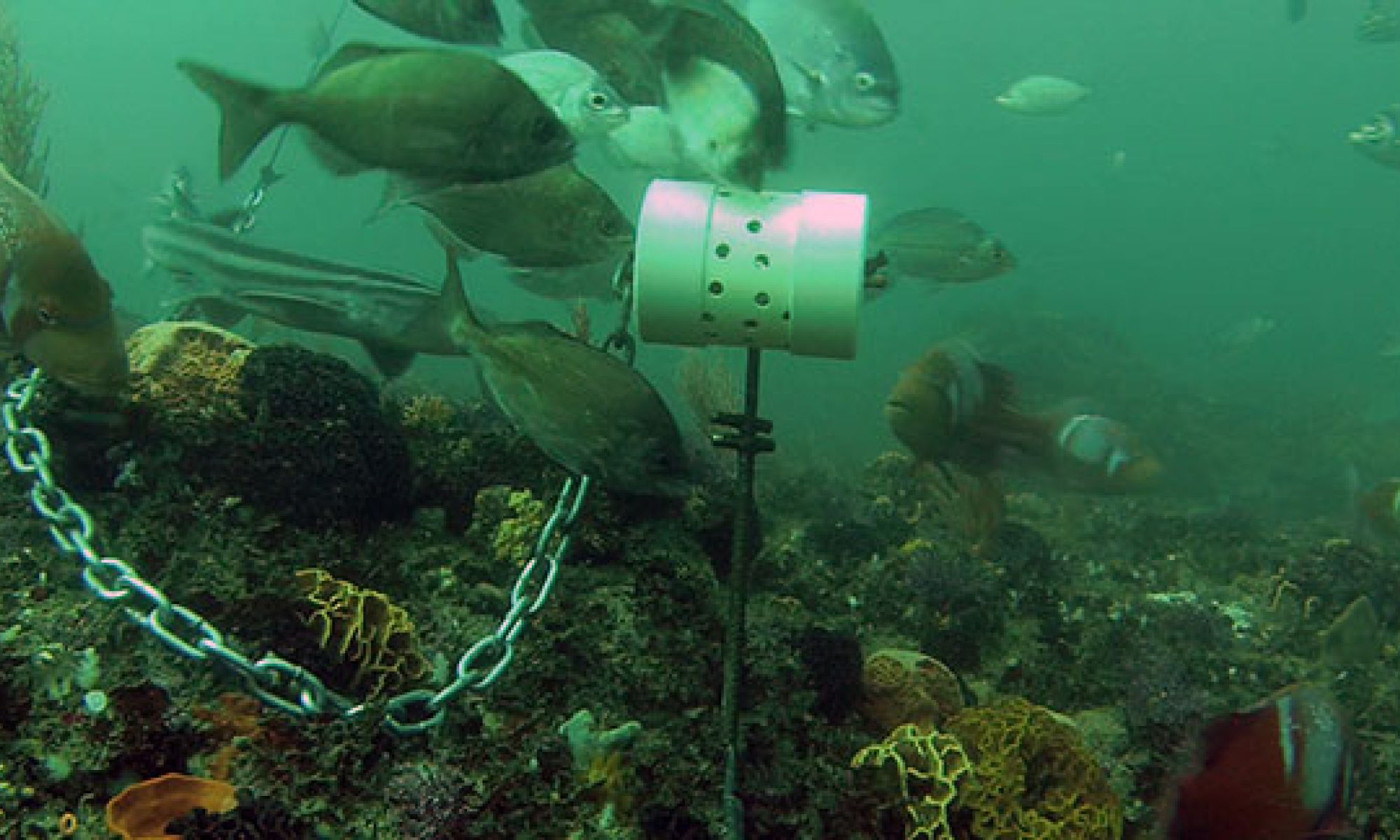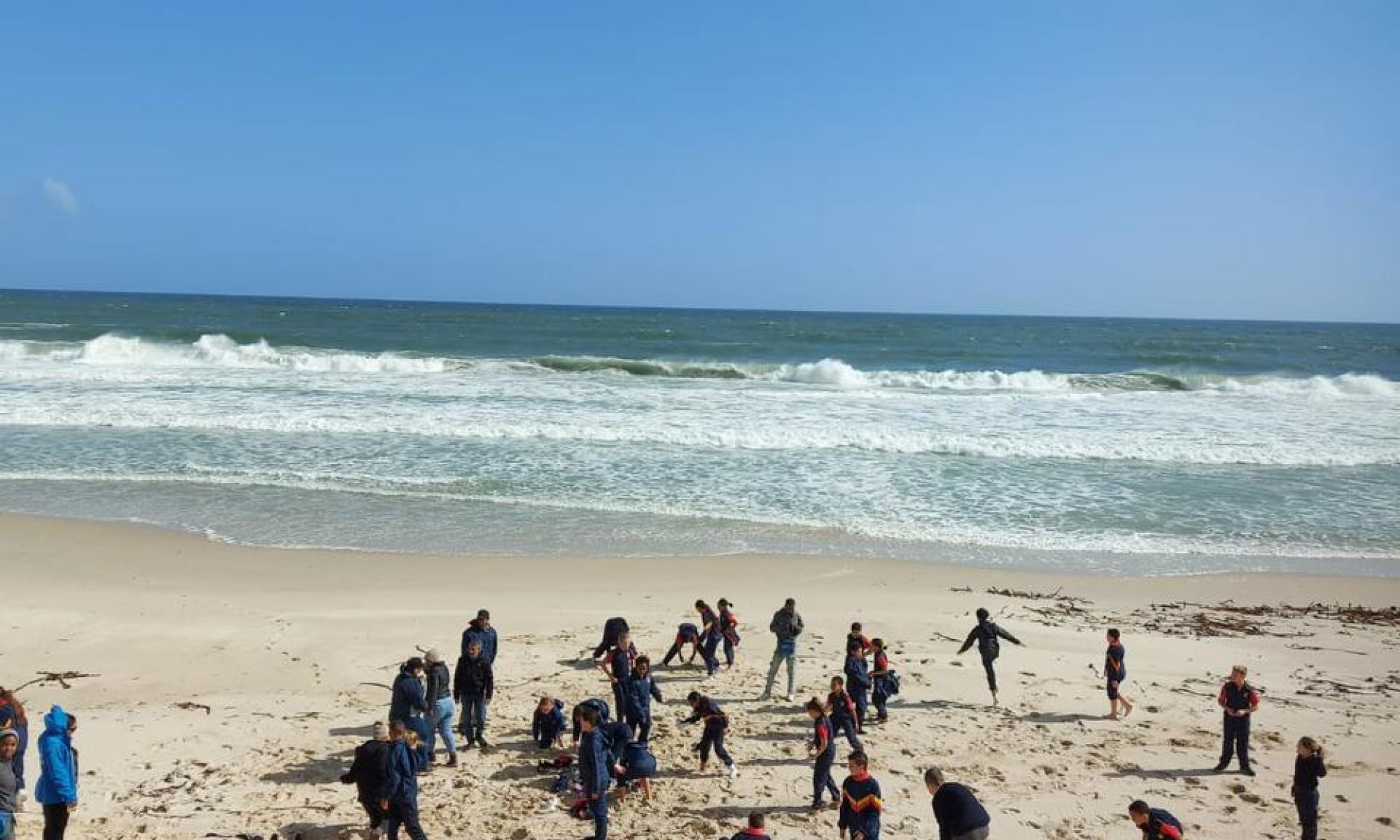
The importance of fish diversity and abundance
World Fisheries Day is celebrated every year on 21 November throughout the world by fishing communities. The day helps to highlight the critical importance of fish and the lives they sustain, both in and out of water.

Fisheries play an integral role in sustaining not only human lives but also aquatic and terrestrial ecosystems. More than 25% of the world’s dietary protein is provided by fish. Many fishermen rely on fish stocks for sustenance, making the protection of our fish stocks critical.
Did you know that over 200 million of Africa’s one billion people regularly consume fish and nearly half of this comes from inland fisheries? As part of finding solutions to the sustainable maintenance of fish stocks, CapeNature embarked on research in the Goukamma Marine Protected Area (MPA). The project is a collaboration with volunteer anglers to monitor fish diversity and abundance in and adjacent to the MPAs.

Goukamma Marine Protected Area was proclaimed in the interest of protecting the inshore reef species, which are currently under great pressure nationwide. In an effort to obtain critical data on fish stocks, data is collected on eight weekend outings per year, using eight local volunteer anglers. Shore-based line-fish species populations are being monitored to measure the size and age of fish populations over time.
Priority fish species, which are big enough, are tagged. The tagging data then contributes towards the national tagging programme run by the Oceanographic Research Institute in Durban, where the data is used to better understand fish growth and movement patterns over time. Fish population dynamics inside and outside of the MPA is compared by researchers.

A long-term project, starting in 2013 and continuing into 2019, has seen the catch and release of 1 700 fish and sharks from 41 different species. The tag data has also heralded some fascinating results, with one Galjoen tagged in 2014 and caught 1431 days later, after having travelled at least 944km to Margate, and growing 85mm during this time.

The work being done by these volunteers is of critical importance and CapeNature urges the public to get involved in ensuring that our fish stocks are protected for generations to come. The public can play their part by taking care of rivers, dams and the sea through minimising pollution, reporting illegal fishing and consuming only sustainable fish species.






